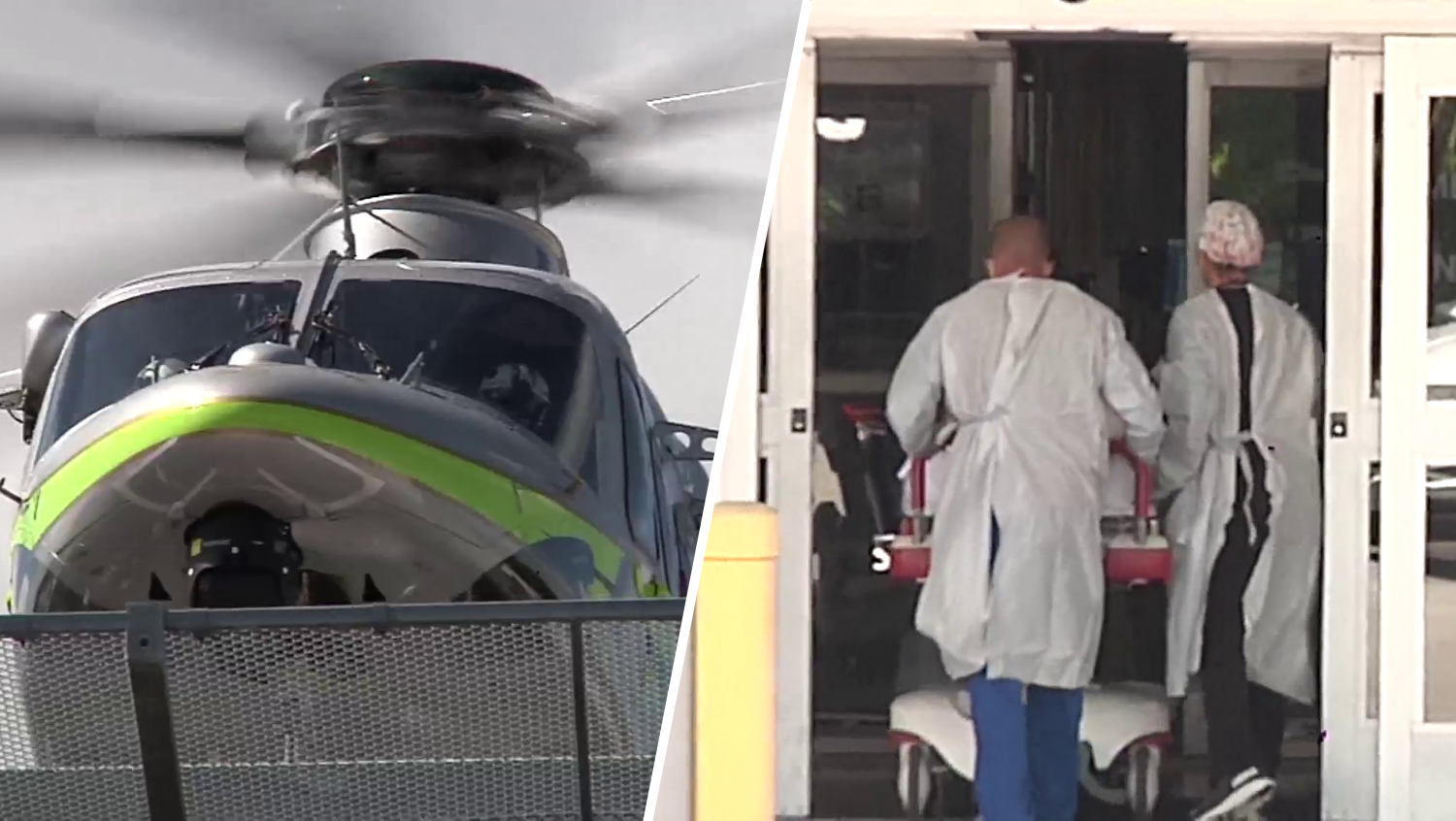Derek Jeter stood and chatted a few rows from home plate in Marlins Park on Monday morning. His words were sometimes drowned out by noises coming from construction crews; steel clanging against steel in an area getting built behind the center field wall, or the whirring of engines moving heavy machinery about.
There couldn't have been a more fitting backdrop.
Jeter, entering his second full season as CEO of the Miami Marlins, knows that building — whether it is a new spot for fans to watch games from, to a minor-league system, to a contending big-league club — takes time. That also means Jeter is being tested in ways now that he never was during his playing days as shortstop for the New York Yankees, when winning and competing for titles seemed like an annual occurrence.
"I have no patience," Jeter said. "I have zero patience. I've been preaching it. I don't have it."
The Marlins had the worst record in the National League and the fourth-worst record in all of Major League Baseball last season, and just traded away the best player from their 2018 club — catcher J.T. Realmuto — to the Philadelphia Phillies. And oddsmakers say the Marlins will be one of the longest shots in baseball this year, which didn't amuse Jeter.
He's clearly not expecting to get his hands on the World Series trophy this year.
That doesn't mean he's accepting another woebegone year as a foregone conclusion, either.
Local
"Patience is something that you have to learn," Jeter said. "But I'm fine with not being patient. It's like I say: When you're at the major-league level, you're here for a reason, because these players have been better than most other players in this country and in other countries as well. And if you're here, you have an opportunity to win. I can't preach that enough."
Jeter spent his first season observing and learning, often very quietly. He helped craft a plan that the Marlins say they'll stick to: build an organization from the bottom up, stock what was a badly depleted farm system with prospects, give young players who merit a shot a chance at performing in Miami and hold absolutely everyone accountable.
This season, he's hinting that he may be more involved with players. He learned in 2018. He may teach more in 2019.
"Derek's not going to be patient with not playing the game right, not getting after it every day, not competing," said Marlins manager Don Mattingly, who played first base in Jeter's Yankee debut game in 1995. "He knows where we're at. In a sense you have to have some patience. But you don't have patience if a guy's not playing the game right, if he's not trying to get better every day, if he's not working. That's where he's not going to have patience."
What he's selling, people are buying.
The Marlins signed Neil Walker late last month to be a veteran utilityman presence, after he spent last year with the Yankees. Even after being with the Marlins for only a couple weeks, Hill said the message from Jeter's office on down is already clear to players: "You're either going to be on board, or you're out."
"In talking with Derek, talking with (president of baseball operations) Michael Hill, talking with Donnie, they've really sat down as an organization and thought about where they were, where they presently are and where they hope to go," Walker said. "Their enthusiasm and their vision is contagious. And I know just from early talks with all three of them, they believe in the guys in this locker room and they believe in the direction this organization's going."
The Marlins vow they're going to make the experience at home games — where attendance dipped to franchise-record-low numbers in 2018, partially because the team was bad and partially because the new ownership group began revealing far more accurate ticket numbers than was done under the previous regime — better this year. The team is trying to better embrace the Latin flavor of Miami, and want fans to even feel comfortable bringing instruments to games if so inclined.
Fans spoke. Jeter says their words were heeded.
"Look, I never shied away from the fact that there's a complicated history here with the fan base," Jeter said. "I get it. We weren't here for that. We're taking over an organization that hadn't had much success at all for the last 15, 16 years. So in order to change that, we had to make changes."
And if Jeter has his way, the refurbishing of the team won't take long.
"We need to see improvement," Jeter said. "We need to see improvement from some of our younger guys that got an opportunity to play last year. That's how you get better. We can sit and talk about minor-league systems all you want, but it gets to a point when you're in Miami that you have to develop and improve year in and year out. That's how you become a great team."



